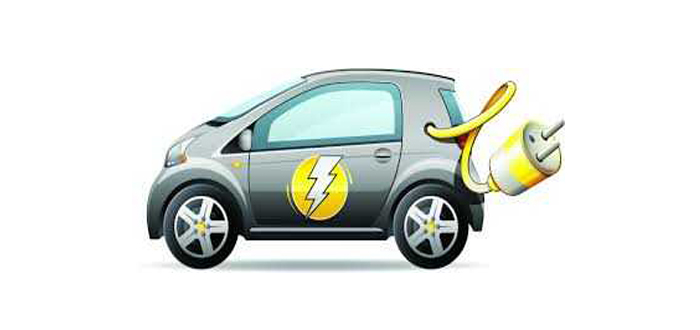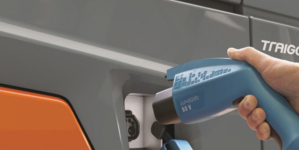-
Nutrivend selects Forterro’s Orderwise to support online expansion and streamline operations - April 11, 2025
-
ARROWXL LAUNCHES AMBITIOUS ZERO WASTE ROADMAP - April 8, 2025
-
THE BCMPA’S NEW CAMPAIGN DRIVES OUTSOURCING SUCCESS IN Q1 - April 7, 2025
-
BLACKOUT TECHNOLOGIES TARGETS TELEMATICS-INTEGRATED MOBILE DEVICE BLOCKING TO COMBAT SMARTPHONE DISTRACTION - April 1, 2025
-
Sparck Technologies awarded Royal designation - March 27, 2025
-
OpenADR Alliance announces first OpenADR 3.0 certified products with EVoke Systems, E.ON Energy and Universal Devices - March 25, 2025
-
Growing fulfilment and contract packer appoints new Managing Director - March 25, 2025
-
When is it time to invest in a WMS? Understanding the key trigger points - March 25, 2025
-
eCapital helps Vantage Recruitment on its journey to financial success - March 24, 2025
-
Hugo Beck Celebrates 70 Years of Packaging Innovation with Open House Events - March 20, 2025
Electric powered vehicles without low-speed added sound come unsafe and unfit for purpose says SteerSafe.
Overshadowed by rule makers’ current focus on air-quality, VRU (Vulnerable Road User) safety issues are in danger of being overlooked. One such issue is soundless travel. An environmentalist’s dream can become a nightmare.
It is not for nothing that electric vehicles have been dubbed Silent Killers. It is their stealthy, low-speed approach that poses a threat to the unaware VRU.
Guide Dogs for the Blind reported in 2015 that VRUs are 40% more likely to be run down by a Quiet Vehicle than one with a Combustion Engine.
Knowingly to supply an unsafe vehicle is to court a guilty verdict should a Quiet Vehicle Sounder (QVS) not be operating in the event of a VRU collision.
Effective July 2019 the EU is planning new Rules that OEMs add low-speed alerting sounders to all electric powered vehicles. SteerSafe declares this to be too late; with electric cars and buses already in service the problem is now.
QVS Aftermarket versions using locatable broadband sound are available today. Why wait over a year before the killing stops?
Broadband Sound (“Shhhhhhhhh”) replicates the sound of falling water, pleasant to hear, whose unique locatability feature gives accurate sound-source direction. Environmental peace and added safety are a twin bonus.
































